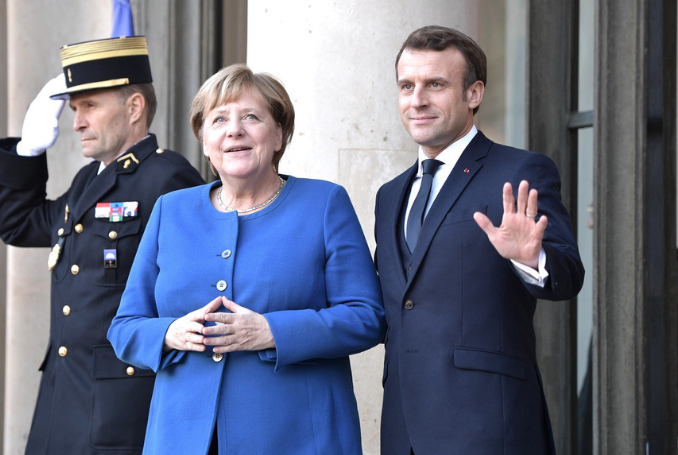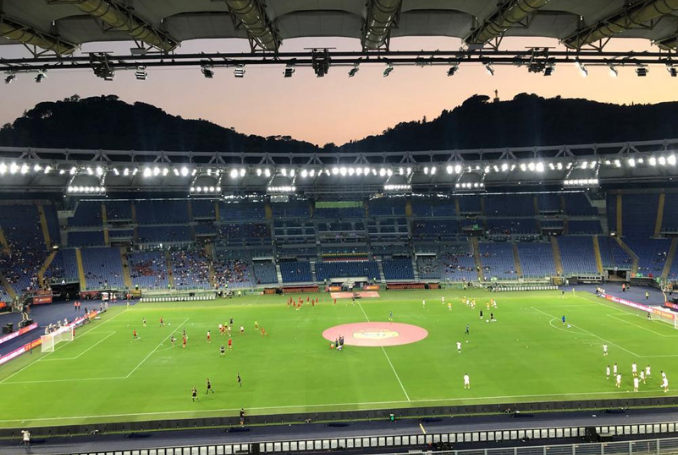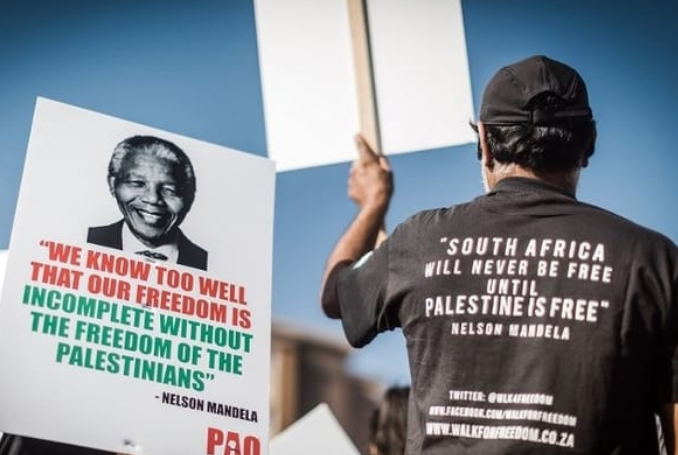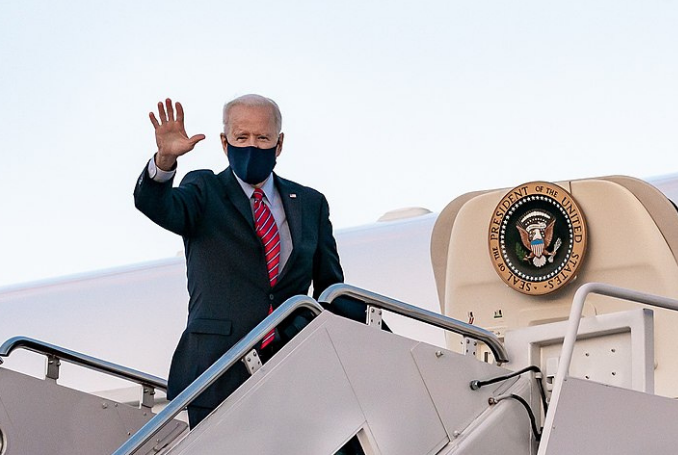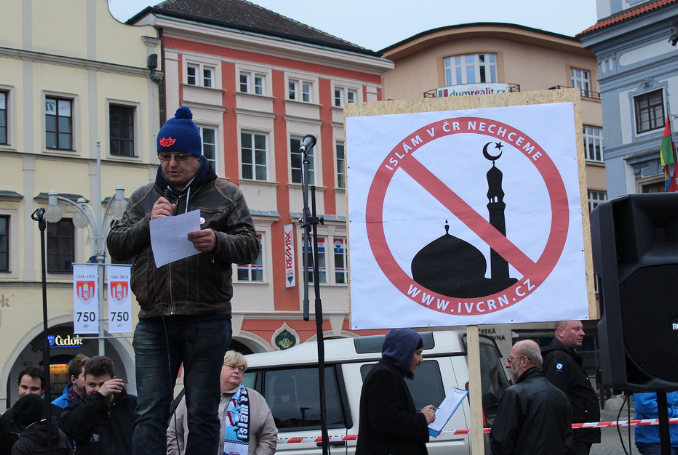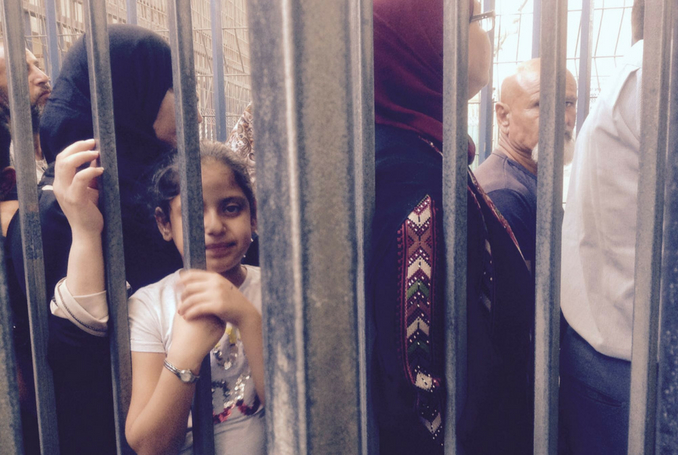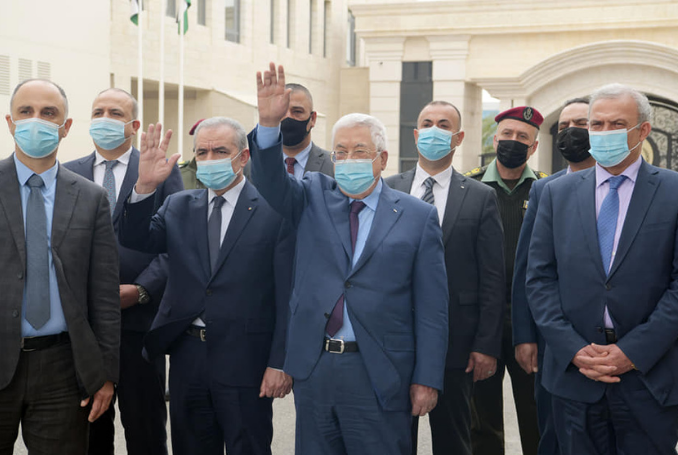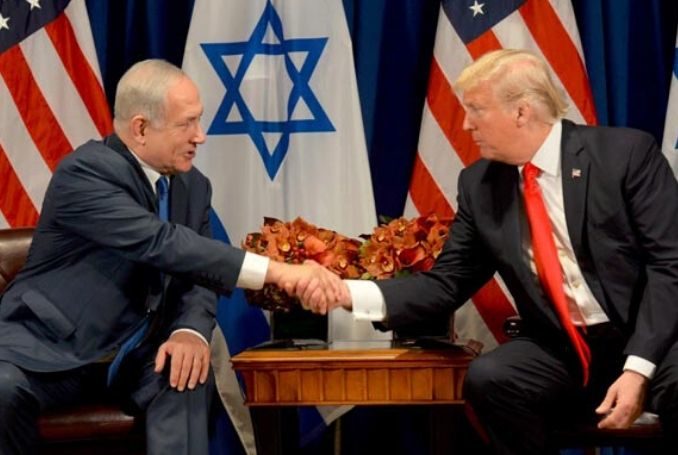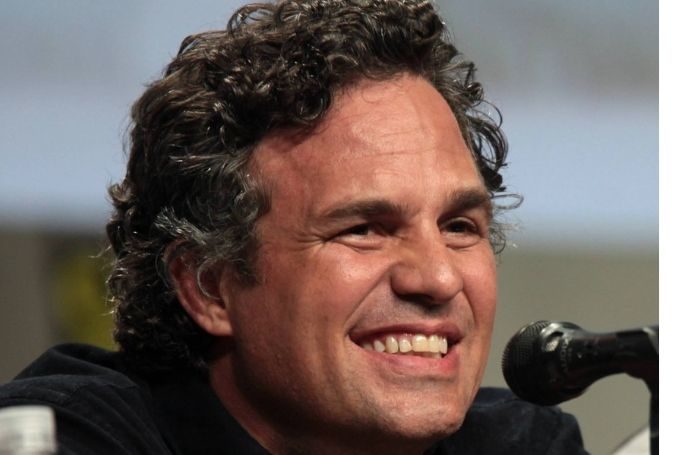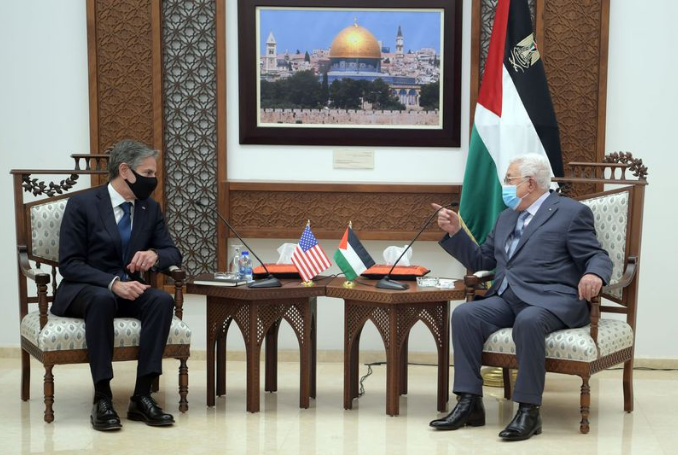- June 6, 2025
Articles
One Man as a Whole Generation: The Unfinished War of Zakaria Zubeidi
Zakaria Zubeidi is not just a single person but a whole generation of Palestinians in the West Bank who are caught up in an impossible dilemma, having to choose between a painful, but real, struggle for freedom and political compromises, which, in Zakaria’s own words, ‘have achieved nothing’.
From the ‘Iron Wall’ to the ‘Villa in the Jungle’: Palestinians Demolish Israel’s Security Myths
Until Israel abandons its foolish ‘security’ fantasies, there can never be true peace in Palestine, neither for the occupied and oppressed Palestinians, nor for the Israeli occupiers.
Following Afghanistan Defeat: Can EU Win Own ‘Independence’ from the US?
Macron’s once ‘controversial’ view is now mainstream thinking in Europe, especially as many EU policy-makers feel disowned, if not betrayed, by the US in Afghanistan.
Hashtag ‘Untie_Our_Hands’: How Many More Palestinians Must Die for Israel’s ‘Security’?
Considering the disproportionate number of Palestinian casualties which, at times, push Palestinian morgues in Gaza to full capacity, it is inconceivable what Israeli soldiers, army generals, and politicians want exactly when they speak of ‘untying their hands’.
On Propaganda and Failed Narratives: New Understanding of Afghanistan is a Must
Afghanistan is now in urgent need of a government that truly represents the people of that country. This is the true national narrative of Afghanistan that must be nurtured outside the confines of the self-serving Western mischaracterization of Afghanistan and her people.
Stadio Olimpico: Can Sports Heal the World?
By the end of the match, as the large crowd – still giddy by the fact that they were able to attend a large sports event despite the deadly COVID-19 pandemic – dispersed, I walked around the Foro Italico, the sports complex which hosts Stadio Olimpico, among other edifices. The contradictions were palpable.
‘Blood for Blood’: On Jenin and Israel’s Fear of an Armed Palestinian Rebellion
It is obvious that what is currently taking place in Jenin is indicative of something much larger. Israel knows this, thus the exaggerated violence against the camp.
Palestine’s Africa Dichotomy: Is Israel Really ‘Winning’ Africa?
Africa is also the heart of the most powerful anti-colonial trends the world has ever known. A continent of this size, complexity, and proud history cannot be written off as if a mere ‘prize’ to be won or lost by Israel and its neocolonial friends.
The Quiet Rebellion: Why US Jews Turning against Israel is Good for Palestinians
Israel is now at a crossroads. It can only win back the support of US Jews if it behaves in such a way that is consistent with their moral frame of reference. Hence, it would have to end its military occupation, dismantle its apartheid regime and reverse its racist laws.
Greed and Consumption: Why the World is Burning
The impact of global warming cannot and must not be held hostage to the ambitions of politicians. Millions of people are suffering, livelihoods are destroyed, the fate of future generations is at risk.
The Murder of the ‘Menacing’ Water Technician: On the Shadow Wars in the West Bank
The protest in Beita is a protest for land rights, water rights and basic human rights. Bani-Shamsa and, later, Salim, were killed in cold blood simply because their protests were mere irritants to the grand design of colonial Israel.
US Foreign Policy Adrift: Why Washington No Longer Calling the Shots
Even if it is accepted, without any argument, that America is, indeed, back, considering the vastly changing geopolitical spheres in Europe, the Middle East and Asia, Biden’s assertion should, ultimately, make no difference.
The Politics of Cheering and Booing: On Palestine, Solidarity and the Tokyo Olympics
The truth is, for us, Palestinians, the Olympics are not an ethnocentric exercise. Our relationship to it is not simply inspired by race, nationality or even religion, but by humanity itself.
How Ben & Jerry’s has Exposed Israel’s Anti-BDS Strategy
By calling an ice cream company ‘terrorist’ for simply adhering to international law, Herzog has revealed the growing lack of credibility and absurdity of the official Israeli language.
The Little Talked About Covid-19 ‘Variants’: Vaccine Mismanagement Will Have Dire Repercussions
While many are busy measuring the possible future repercussions of the pandemic in terms of economic output, life expectancy and such, it is critical that we consider other factors that are certain to result from this unbearable inequality: revolutions, mass migrations and famine. These are the other ‘variants’ that we must urgently address.
Progress or War: On Islamophobia and Europe’s Demographic Shifts
It is time for European countries to understand that their demographics are fundamentally changing, and that such change can, in fact, be beneficial to the health of these nations.
Family Separation Law: Israel’s Demographic War on Palestine Intensifies
As Israel continues to experiment with controlling the Palestinian population, it would be shameful if the international community continued to remain silent. This moral outrage must end.
Kneeling against Racism: Solidarity in EURO 2020 Should Not be ‘Controversial’
Racism is a political disease, like cancerous cells spreading across the body, or body politic of society. It has to be stopped, on and off the field. While taking the knee will not end racism, it is meant to serve as a conversation starter, a moral stance by players and a meaningful gesture of camaraderie and humanity.
The People vs. Mahmoud Abbas: Are the Palestinian Authority’s Days Numbered?
The PA has proven to be an obstacle in the face of Palestinian freedom, with no credibility among Palestinians. It clings on to power only because of US and Israeli support
Bennett’s Political Theater: The Decisive Israeli-Palestinian Fight Ahead
So far, Bennett has proven to be another Netanyahu. Yet, if Israel’s longest-running prime minister ultimately failed to convince Israelis of the merit of his political doctrine, Bennett’s charade is likely to be exposed much sooner, and the price, this time, is sure to be even heavier.
Words Alone Will Not End Anti-Muslim Terror in Canada
Terrorism will not end as a result of pomposity but through real action. Trudeau seems to have much of the former and none of the latter.
‘Putting Lipstick on a Pig’: Why Washington is Fawning over Israel’s New Government
While the Americans and the Israelis are busy engaging in the ever-familiar ritual of ‘putting lipstick on a pig’, the Palestinians remain irrelevant in all of this, as their political aspirations continue to be discounted, and their freedom delayed.
On Trumpism and Netanyahuism: How Benjamin Netanyahu Won America and Lost Israel
Whatever that is, it will surely be situated within the familiar context of Netanyahu’s angry army of Israeli right-wing zealots aided and abetted by Christian fundamentalists in the US and elsewhere. He may have won America, but — for now — he has lost Israel.
Say This, Don’t Say That: Time to Confront the Misleading Language on Palestine, Israel
It will not be easy to deconstruct the seemingly endless edifice of lies, half-truths, and intentional misrepresentations of Zionist Israeli colonialism in Palestine.
On the Politics of Victory and Defeat: How Gaza Dethroned the King of Israel
Netanyahu struggled to redeem his image. It was too late. As strange as this may sound, it was not Bennett or Lieberman who finally dethroned the ‘King of Israel’, but the Palestinians themselves.
Power at Any Cost: How Opportunistic Mansour Abbas Joined Hands with Avowed ‘Arab Killers’
n truth, Mansour Abbas, a Palestinian Arab politician who is willing to find common ground with extremists and proud ‘Arab killers’, only represents himself. The future shall attest to this claim.
The Fumbling King of Palestine: Palestinians are Defeating the Oslo Culture
Neither Washington, Tel Aviv, nor Mahmoud Abbas’ PA can possibly resuscitate the past and the miserable culture that Oslo has imposed on the Palestinian people. Only Palestinians can lead this transition for a better future, that of national unity, political clarity and, ultimately, freedom.
Palestine’s Moment: Despite Massive Losses, Palestinians Have Altered the Course of History
Finally, it can unequivocally be asserted that the Palestinian resistance scored a major victory, arguably unprecedented in its proud history. This is the first time that Israel is forced to accept that the rules of the game have changed, likely foreverhttps://www.middleeastmonitor.com/20210525-despite-massive-losses-the-palestinians-have-altered-the-course-of-history/
Unity at Last: The Palestinian People Have Risen
Speak up. Speak out. The Palestinians have risen. It is time to rally behind them.
Esquire: Baroud’s Book among Top Ten Books on Palestine
They include In Search of Fatima, by Ghada Karmi, A Child in Palestine by Naji al-Ali, and My Father Was a Freedom Fighter: Gaza’s Untold Story, by Ramzy Baroud.




